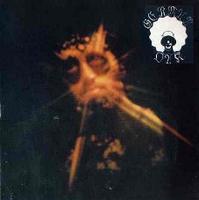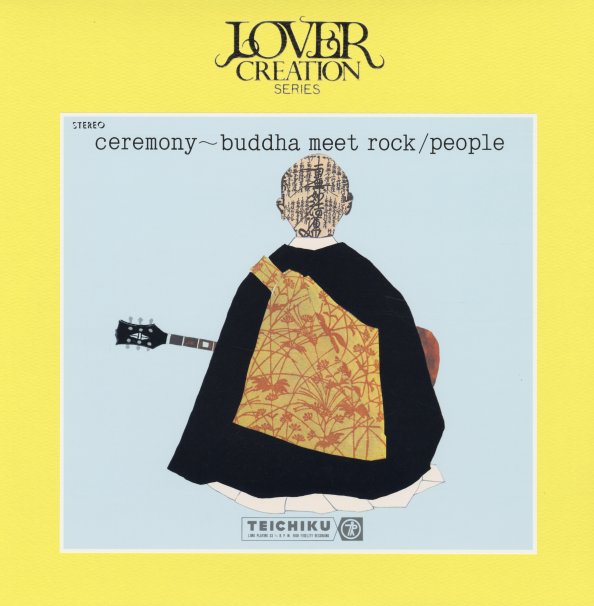
In listening to this remarkable series of improvisations by Euro reed/woodwind madman Peter Brötzmann, Japanese guitar shaman Keiji Haino, and fellow Nippon drum demigod Shoji Hano, I am struck by a fantasy. What would it be like to reunite Brötzmann with bassist Bill Laswell and enlist Haino and Hano to re-form Last Exit? Even considering this possibility gives you a decent clue as to what this wondrous album sounds like: Skronk and overdriven, passionate excess given direction and fluidity by three strong personas who understand how to push each other's buttons and to hold back when the (rare) occasion calls for it. This CD is one of the European concerts played by the trio in 2000. The group had played as a trio together only once before back in 1992, so these concerts were a proving ground to see if after eight years of individual development they could come together and improvise and make it work. Haino here is exceptional. His playing (and vocal screaming) is the equivalent of the Buddhist hell realms and pure lands becoming extensions of one another, and Brötzmann's empathy for Haino's need for music to be an ever-revelatory enigma here stands in sharp contrast to his own need for raw expressionism and an aggressive approach to breaking sound barriers. Shoji Hano is more than merely support; he creates the bridge his collaborators breathe fire on and then destroys it in their wake in order to erect another one. "Shadows" is the longest piece here, divided into three sections: The first is a blasting, stratospheric crack of an eruption. The second begins far more theoretically but gradually works itself into a frenzy of activity, with Brötzmann turning his saxophone inside out and Haino inventing percussive chords to play in contrast to the cymbal and tom work of Hano before taking himself into the single-string shred zone. The last section combines both sets of dynamics and tonal extension on the plane of drones that shift according to where Brötzmann moves with his horn as Hano opens up spaces inside his runs. "A Silhouette" is close to jazz, as it uses spatial dynamics, tempo, and even time in places to dictate a particular transference of improvisatory energy into a somewhat structured space. Haino's singing here, long and short in low- and high-pitched tones, adds an eerie and haunting effect that is nonetheless stunningly beautiful. The "Encore," a mere two minutes, sounds like a short musical conversation that sums up all the places the trio traveled to over the previous hour. This is not going to be everybody's cup of absinthe, but for those whose tastes run toward the extreme, there are few albums as transcendentally excessive as this one. ~ Thom Jurek, All Music Guide
No longer available, download it.



